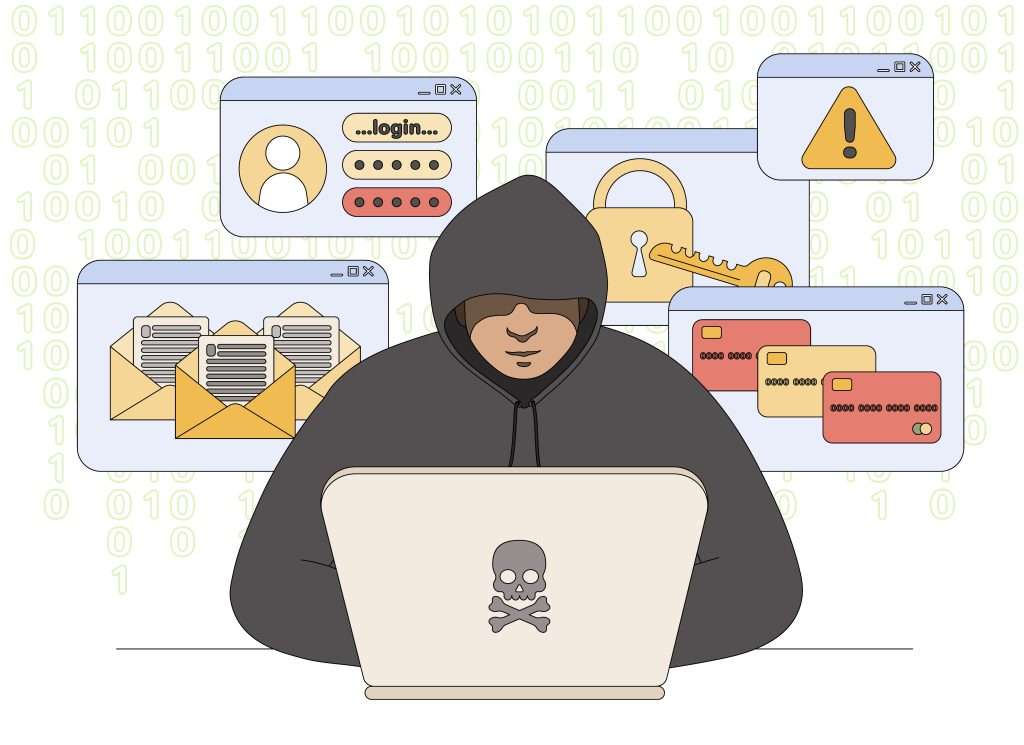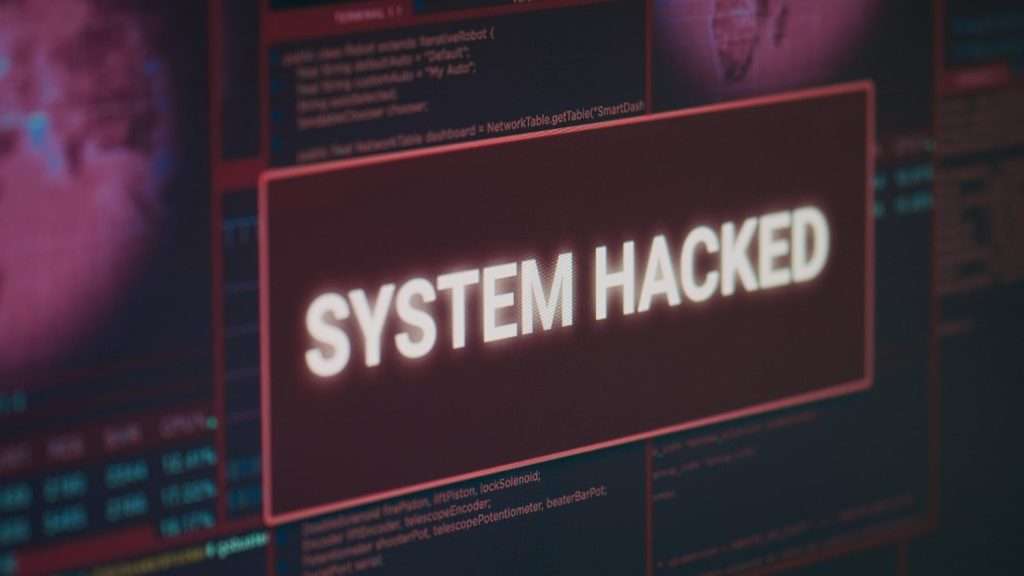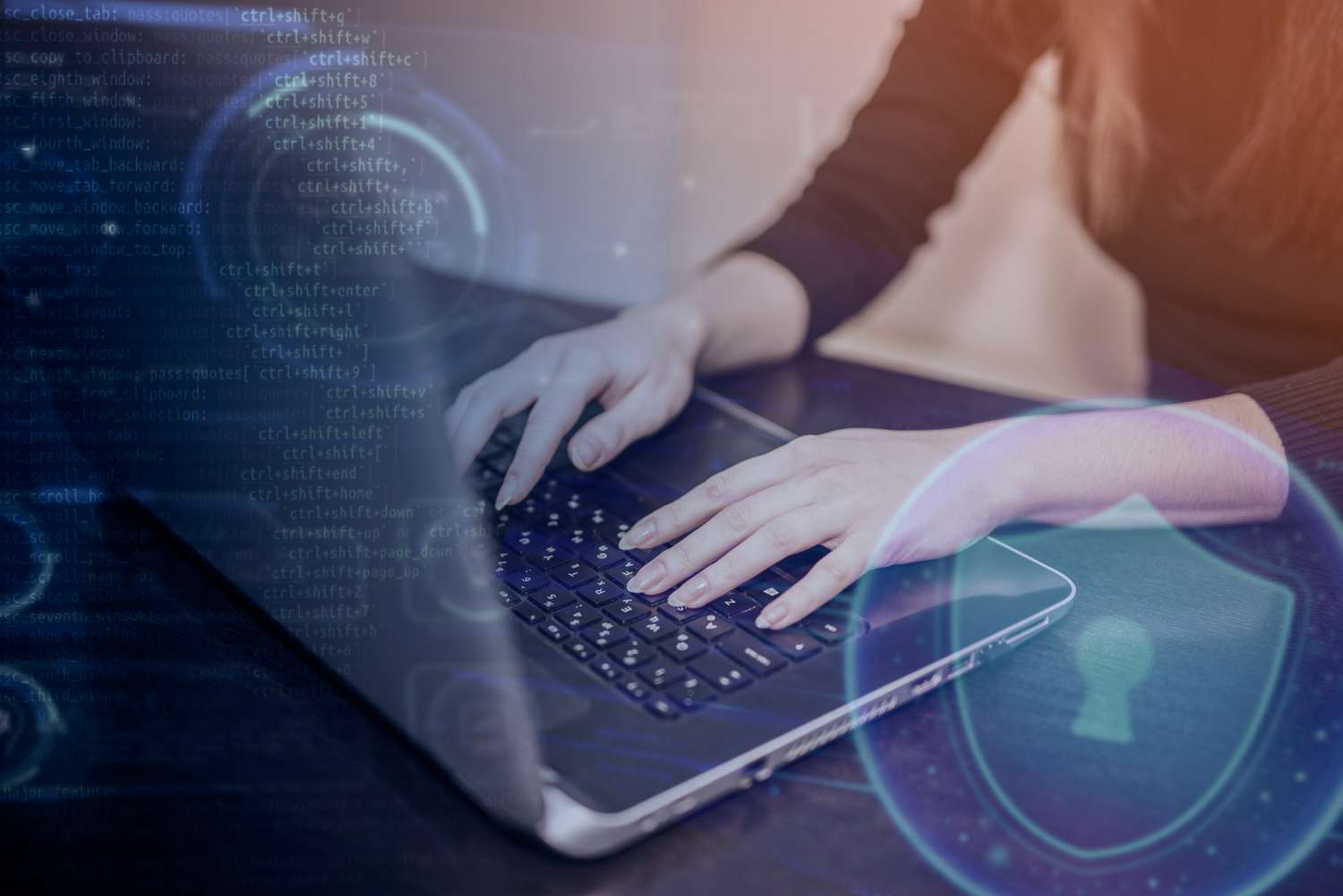Remote work security encompasses the strategies, policies, and technologies that enable employees to work from locations outside the traditional office environment without compromising the integrity, confidentiality, and availability of corporate data.
It involves protecting against cyber threats such as unauthorized access, data breaches, malware, and phishing attacks while ensuring employees can securely access company resources.
Why is securing remote work environments crucial for businesses?
Securing remote work environments is crucial because it reduces vulnerabilities that could be exploited by cybercriminals. With remote work becoming more common, the attack surface for potential cyber threats increases significantly.
Without proper security measures in place, sensitive company information could be exposed, leading to data loss, financial damages, and reputational harm.
Moreover, regulatory compliance adds another layer of complexity. Many industries are governed by strict data protection laws that require businesses to safeguard customer and employee data. Failure to comply can result in hefty fines and legal action, making it imperative for businesses to adopt comprehensive remote work security practices.

What are the key components of an effective remote work security policy?
An effective remote work security policy should encompass several key components. This includes access control measures, such as two-factor authentication, to ensure that only authorized personnel can access company systems.
It should also include guidelines for secure connections, often utilizing Virtual Private Networks (VPNs) to encrypt data in transit.
The policy should also address the use of personal devices for work purposes, known as Bring Your Own Device (BYOD) policies. These policies need to outline the need for regular software updates, the proper handling of sensitive data, and the protocols for reporting security incidents.
For more detailed discussions on remote work security, one might refer to our article ‘Remote Work Security: A Comprehensive Guide to Safeguarding Digital Work Environments‘ for additional insights.
How can organizations train employees to maintain cybersecurity in a remote setting?
Organizations can train employees on maintaining cybersecurity by implementing regular security awareness programs that cover the latest online threats and best practices for secure remote work. This can include training on recognizing phishing emails, securing home Wi-Fi networks, and managing passwords effectively.
It’s also beneficial to have clear guidelines and quick-reference materials that employees can easily access. Simulated cyber-attacks and practical exercises can be particularly effective in reinforcing good security habits and helping employees respond correctly to real threats.

What tools and technologies are essential for secure remote work?
Several tools and technologies are essential for maintaining a secure remote work environment.
Antivirus software, firewalls, and endpoint protection solutions play a crucial role in detecting and preventing malware and other cyber threats. VPNs are also vital for securely connecting to corporate networks and safeguarding data in transit.
Additionally, cloud-based services equipped with strong security features enable secure access to resources without the need for direct connections to the corporate network.
Lastly, comprehensive identity and access management systems can help ensure that the right people have the right access at the right times, minimizing the risk of unauthorized access.
Conclusion
In conclusion, remote work security is a multifaceted challenge that requires a proactive and comprehensive approach. It involves setting up secure policies, equipping employees with the knowledge and tools needed to safeguard data, and implementing technologies to protect against external threats.
Organizations must ensure a balance between enabling productivity for remote workers and maintaining stringent security practices to protect against the increasing risks that come with remote work.
Investing in robust remote work security measures not only protects corporate assets but also supports the long-term viability and success of flexible work arrangements. 🔒
- Remote Hiring in 2025 - April 5, 2025
- Burnout in Remote Teams: How It’s Draining Your Profits - January 27, 2025
- Signs You’re Understaffed - January 20, 2025
